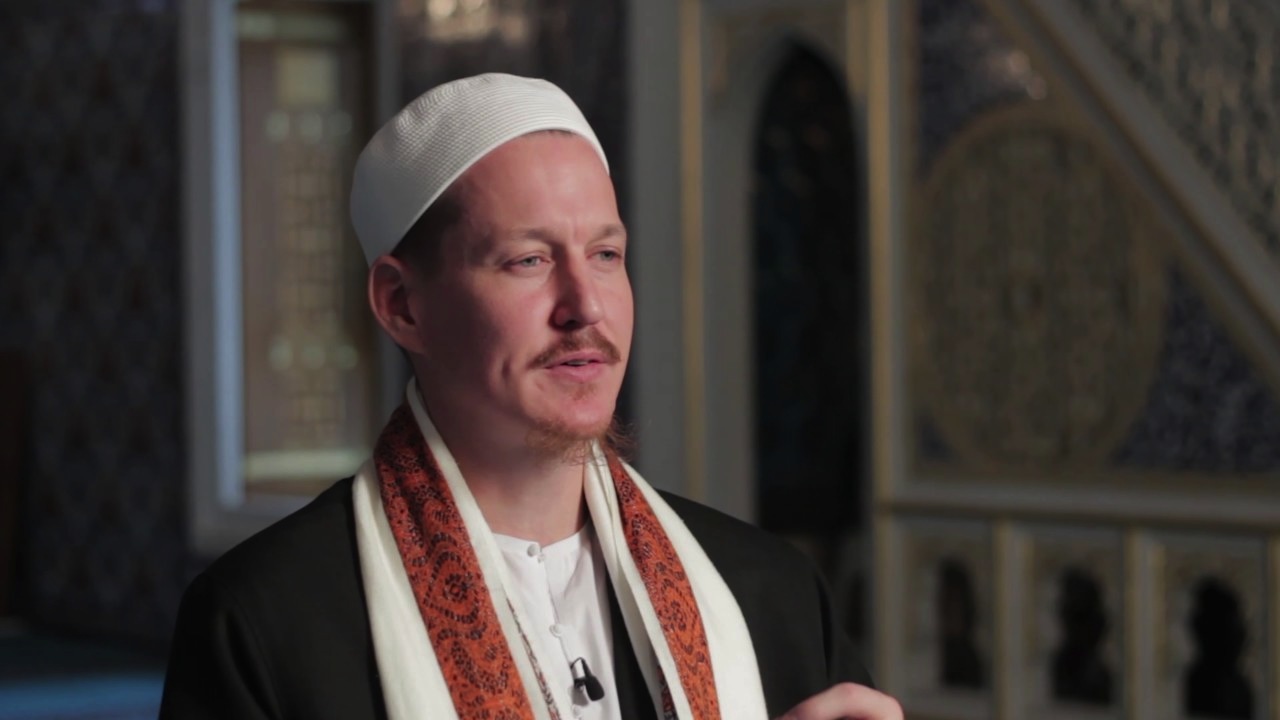Answer
Short Answer:
- Fasting involves a voluntary renunciation of all appetites and desires of the flesh. Sunset signifies the victory over one’s self during the day.
- Fasting helps to overcome negative habits and this act of self-training in Ramadan strengthens one’s the will power. This extra will power helps to overcome obsessions and addictions.
- Ramadan is a training session for us to develop God-consciousness (taqwa) as well as to show gratitude for the great favor of the revelation of the Quran.
- The month of fasting also teaches us to respect time and be precise in our dealings and timings and to be punctual at all times.
_____________________________________
Salam (Peace) Marco,
Thank you for your question and for contacting Ask About Islam.
It seems that you are interested in the neuro-science of prayers, fasting, and other spiritual activities.
The Islamic fast is different from other types of fasting observed in other religions.
It is obligatory, for a specific period of time from dawn to sunset, and in a specific lunar month called Ramadan.
It involves a voluntary renunciation of all appetites and desires of the flesh during that month for defined hours, with a cheerful and willing acceptance of this beneficial Divine mandate.
Spiritual Aspects of Fasting
Sunset signifies the victory over one’s self during the day.
This blessed month of Ramadan inculcates a spirit of fortitude and gratitude.
The atmosphere of the month is such that positive thoughts are automatically invoked on a 24-hour basis.
Such thoughts wish the welfare of one and all, Muslims as well as non-Muslims, including those who have wronged us.
A stable monotonous environment of eating three times daily tends to produce stereotyped reaction patterns.
Fasting gives a variable environment with rigid strategies and sufficient degrees of freedom to cope with the changing conditions.
Some of us may be habituated to a particular type of vice or wrong-doing e.g. gambling, smoking, drinking, backbiting, fraud, hot temper, domestic violence, etc.
Whatever habit we have formed, becomes difficult to resist.
Fasting helps to overcome such habits either gradually for some of us or immediately for those with a stronger will power, especially if supported by constant supplications seeking God’s assistance.
The usual antidote is to put an entirely opposite thought in the mind to displace the negative trend.
This act of self-training in Ramadan strengthens one’s the will power. This extra will power helps to overcome obsessions and addictions.
During the Islamic fast, every organ in the body that has been given to us as trust by God is put to a critical test. A hunger strike is not an Islamic fast. We must also not see evil, hear evil, utter evil, nor act evil.
This is a training session for us to develop God-consciousness (taqwa) as well as to show gratitude for the great favor of the revelation of the noble Qur’an during the month of Ramadan.
Taqwa Is the Most Valuable Fruit of Fasting
Ramadan is the season of the year for blossoming of goodness, virtue and piety of the Muslim nation. Not one, but billions of people jointly water the garden of virtue in the same lunar month, all over the world.
The purpose of the Islamic fast is to obey God’s command. Through this exercise, Muslims can develop a balanced personality and a strong sense of a community of believers.
The month of Ramadan is a month of training. The fasting Muslim is continuously tied with rules and regulations for one full month. Then he or she is released for eleven months to see whether the training has been adequate and effective.
And if not, any deficiency found in the personality and will power could be corrected and made up in the following year’s refresher course, in the Ramadan program. This is because God wants us to make the choice to behave well when by ourselves.
The personality develops when a person is free to do any wrong as he or she would like, but does not do it, knowing God is ever watching; e.g. during the eleven months following the Ramadan fast.
If we have passed this first part of the examination, then as Muslims who adhered to the five pillars of Islam and fasted, we are entitled to celebrate `Eid al-Fitr (the feast of breaking the fast).
More Benefits
During Ramadan, we get up for suhur (pre-dawn meal), getting ready for fasting. Then we stop eating and drinking at the break of dawn. Then eat iftar (i.e. break the fast) in the evening, at the exact time of sunset.
The month of fasting teaches us to respect time and be precise in our dealings and timings and to be punctual at all times.
The exact timing of initiating the fast at the break of dawn and breaking it at sunset with the right countdown to the last minute, teaches us that demarcation between right and wrong, between halal (permitted) and haram (prohibited), is so essential for the elevation of the soul on the spiritual scale.
A person who can rule his/her desires and make them function as he/she likes has attained true moral excellence!
During Ramadan, we also learn to inculcate in ourselves the art of patience.
This, together with lessons and reminders to forgive all those who have wronged us, enhance our personality and outlook on life. And has earned us the reward of ‘Eid al-Fitr and reward in hereafter, God willing.
I hope this answers your inquiry and please do not hesitate to contact us again.
Salam.
(From Ask About Islam archives)
Please continue feeding your curiosity, and find more info in the following links:



